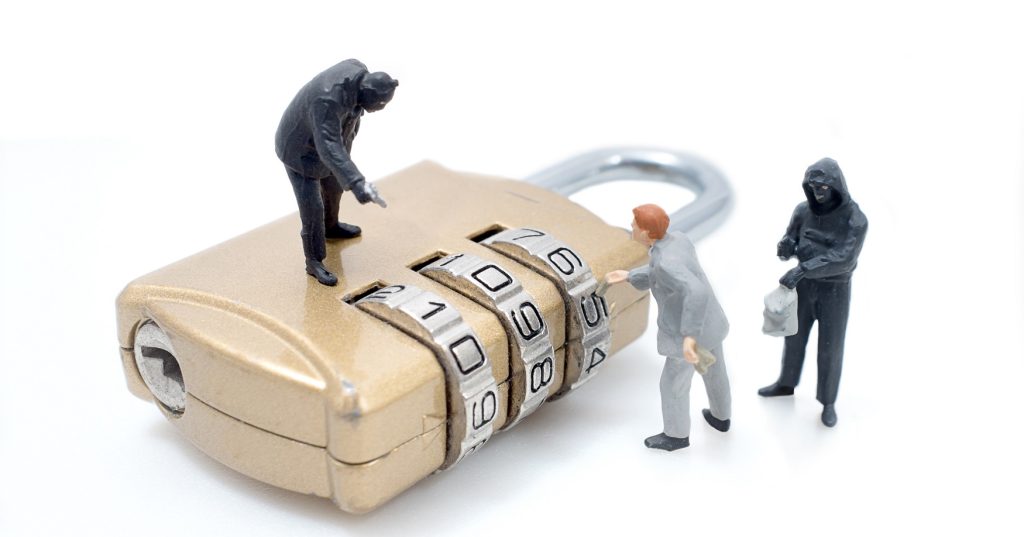If you are due a tax refund and file bankruptcy, you must take proactive steps to protect it. Asset protection is a big part of what bankruptcy lawyers do. If you want to protect your tax refund in bankruptcy, talk to an experienced bankruptcy lawyer.

An income tax refund received after a bankruptcy is filed is subject to turnover. Doan v. Hudgins, 672 F.2d 831, 833 (11th Cir. 1982). The trustee will seek to seize your tax refund and distribute the proceeds to your creditors. You must proactively protect your tax refund in bankruptcy.
Chapter 7 vs. Chapter 13
Tax refunds as assets in Chapter 7 are always subject to liquidation. But cases filed later in the year, or right before tax season, see more tax refund turnovers. Again, if you can exempt your tax refund, then the trustee will have no interest in liquidating it for distribution to creditors.
In Chapter 13, however, if you propose a 100 percent repayment plan, then your tax refunds are yours to keep. Chapter 13 percentage plan cases often result in tax refund turnover to the trustee. You will want to discuss with your attorney how best to adjust your withholdings to minimize the amount of tax overpayment you make each year.
How to protect your tax refund in bankruptcy
The exemption laws applicable to your jurisdiction determine how much of your tax refund you can protect. Virginia and Maryland bankruptcy filers must use the state exemptions. Washington, D.C. filers may use either the state or federal exemptions.
Many people rely on their tax refunds to tune up their cars, fix the roof, pay tuition, shore up emergency savings, or even to take a badly-needed vacation. If you want to protect your tax refund in bankruptcy, let your attorney advise you how best to do so.
